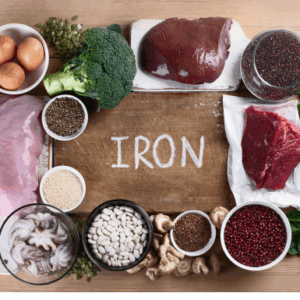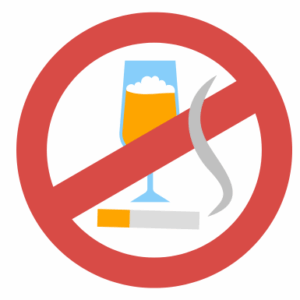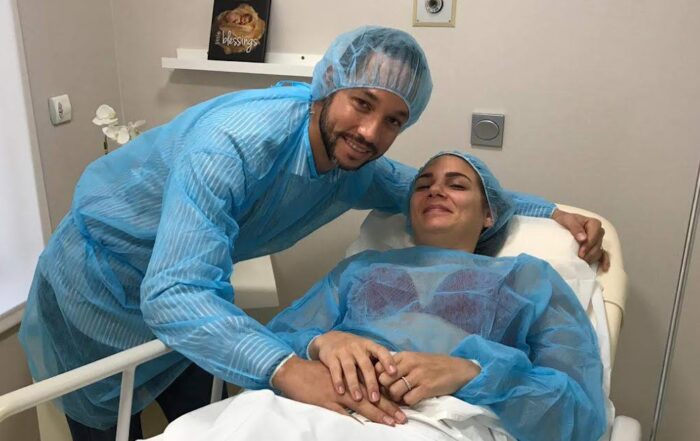Miscarriage is devastating, whether it’s one or many. Each loss requires a unique grieving and healing process. Ideally, we would find the root cause of each miscarriage to prevent further loss.
As a practitioner, here are 3 things I consider when working with women who have miscarried and still desire to conceive in the future.
1. Rebuilding the Blood Supply
Miscarriage depletes the body of many nutrients, but most significantly, iron. Blood quality is extremely important for hormonal regulation, energy levels, and sustaining pregnancy.
Taking a high quality multivitamin with iron is a good starting place (make sure it’s chelated/reacted iron!), and consume red meat and vitamin C (citrus fruits, etc.) in the same meal, as Vitamin C helps your body absorb iron more efficiently.
Baths or foot baths in Black Cumin oil can also be helpful. Particularly if your stomach is sensitive to iron or multivitamins, black cumin oil soaks can be easier on your body. Be sure to only soak your feet until you have stopped bleeding post-miscarriage.
2. Testing Mom for MTHFR + Factor V Leiden
Recurring miscarriages could be indicative of a genetic mutation called Factor V Leiden (FVL). FVL mutations occur in roughly 1 in 10 American women and indicate a vulnerability to blood clots. Your doctor can order a FVL test through common lab companies like LabCorp or Quest Diagnostics.
If you test positive for Factor V, the following lifestyle changes may improve your chance of a healthy pregnancy and decrease the risk of blood clots:
Avoiding estrogen based medications, including birth control
Avoiding or limiting alcohol and stopping smoking
Incorporating regular walks and movement into your day (double if you’re in a car or plane for a long time)
Taking a prenatal or multivitamin with methylated B vitamins. Look for methylfolate and methylcobalamin rather than folic acid and cyanocobalamin (both are synthetic and difficult to process)
3. Sperm Quality Testing for Dad
Around 8-12 weeks of pregnancy, the placenta takes over both hormone production and nutrition for the developing fetus. Since sperm quality impacts the quality of the placenta, multiple miscarriages in the 8-12 week window may indicate it’s time for a sperm test (companies like Fellow are making this easy), AND lifestyle changes.
The top ways to improve sperm quality over a 3 month period:
Eliminate or severely decrease fried food, alcohol, and cannabis use.
Start  supplemental antioxidants like CoQ10, Ashwagandha, and a high quality multivitamin. Feel free to reach out to me on Instagram (@drhannahanderson) for recommendations or a link to Fullscript, which gives you access to multiple physician grade lines of supplements.
supplemental antioxidants like CoQ10, Ashwagandha, and a high quality multivitamin. Feel free to reach out to me on Instagram (@drhannahanderson) for recommendations or a link to Fullscript, which gives you access to multiple physician grade lines of supplements.
Add regular exercise, even lunch time walks make a huge difference for blood sugar control, oxygen circulation, and stress regulation.
Take Care and Recover
Miscarriage warrants extra care and recovery, whether you share your story, or keep it between you and your health care provider. You don’t need multiple losses to justify gathering data. That’s available all the time with the right provider!



 supplemental antioxidants like CoQ10, Ashwagandha, and a high quality multivitamin. Feel free to reach out to me on Instagram (@drhannahanderson) for recommendations or a link to Fullscript, which gives you access to multiple physician grade lines of supplements.
supplemental antioxidants like CoQ10, Ashwagandha, and a high quality multivitamin. Feel free to reach out to me on Instagram (@drhannahanderson) for recommendations or a link to Fullscript, which gives you access to multiple physician grade lines of supplements.


